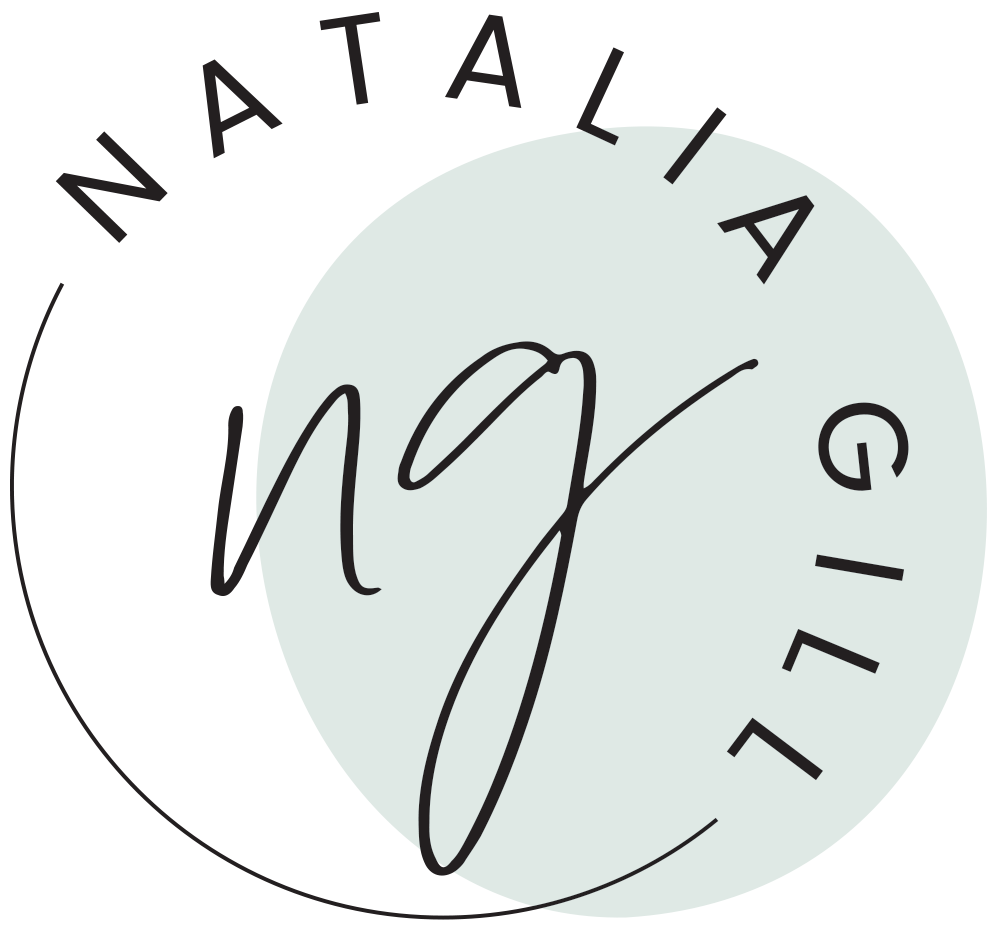3 Major Benefits To Eating A Solid Breakfast
Disclaimer: This isn’t medical advice, but my personal opinion. Any diet changes should be discussed with your M.D.
If your energy levels are up and down throughout the day, or if you’re experiencing frequent cravings and hunger, your body is trying to tell you something.
And the solution could be as simple as upping your morning calorie intake.
Let me tell you about my experience with eating a bigger breakfast when I was struggling with afternoon fatigue.
On a typical morning I was eating an egg, gluten-free muffin and coffee. That may sound like a solid breakfast, but it’s really just 250 calories or so - disproportionately small considering even our basic physical & mental energy requirements in a day.
Maybe I’d catch up on calories later, but was that really ideal?
It took a little adjustment. (OK, more than a little adjustment - my breakfast looked like Mount Everest in the beginning.) But over a few weeks, eating a big breakfast became more natural.
Soon enough, I’d worked my way up to around 600 calories most days. (If I ate a little less, I’d eat a good snack mid-morning.) And guess what? My afternoon energy levels increased. Significantly.
Here’s an example of what 600 calories looks like:
turkey sausage
a fried egg
fruit, breakfast potatoes or another healthy carb
coffee with heavy cream & collagen
orange juice
If I’m short on time, which is often the case, I’ll have a little juice when I’m getting ready and grab to-go:
my fat & protein rich-coffee
a piece of fruit
I’m not saying that everyone should aim for this exact number of calories or eat these specific foods. But I do think its worth looking at how you’re fueling in the morning to see if it makes sense for your energy demands, especially if you’re dragging through the day. (Don’t forget to keep going with a balanced lunch and snacks!)
3 Major Benefits To Eating Breakfast
EATING EARLY BOOSTS METABOLISM
Eating breakfast raises your resting metabolic rate. It’s like telling your body - “You are being provided for today. No need to conserve energy - burn it”.
Skipping breakfast sends the opposite message and metabolism slows in an effort to conserve calories. It’s been shown that although those who skip breakfast generally eat slightly fewer calories throughout the day, their BMI (Body Mass Index) is higher.
I’m not a big fan of measuring BMI but when less calories lead to a higher BMI that points to a slower metabolism. And metabolism isn’t just about weight - it affects our overall energy and well-being.
EATING Breakfast CALMS cravings
Eating breakfast lowers levels of ghrelin (a hormone associated with hunger), and increases the feeling of satisfaction. In turn, this helps curtail mindless grazing because the body is satiated.
On the other hand, not providing the body with enough energy in the morning really throws off our hunger/satiety cues and goes against the natural rhythm of digestion.
So if you want to balance your appetite and energy, fuel up in the morning.
Eating breakfast Promotes healthy circadian rhythms and sleep
Research shows that eating breakfast leads to increased melatonin levels at night and better sleep.
That’s because eating a morning meal falls in line with our body’s internal “master clock”, which coordinates our daily biological rhythms (such as gut function, sleep/wake cycle and insulin sensitivity).
After breakfast, insulin sensitivity peaks, and our body can most easily convert carbohydrates into energy - energy that boosts thyroid function, muscle mass, mental focus - basically everything our bodies need to function optimally.
If you’re not hungry for breakfast, your circadian rhythms are out of synch. When our food intake is out of synch with our natural rhythms, it increases the risk of numerous health conditions including diabetes.
Eating a good breakfast can be a step toward resetting your body’s internal clock - so you can maximize your sleep, energy levels and overall health.
Sources and additional reading:
Breakfast consumption improved appetite, satiety, and diet quality and may support some aspects of sleep health in healthy young adults. (source)
Circadian clock in pancreas directly linked to diabetes. (source)
Circadian clocks and insulin resistance (source)

